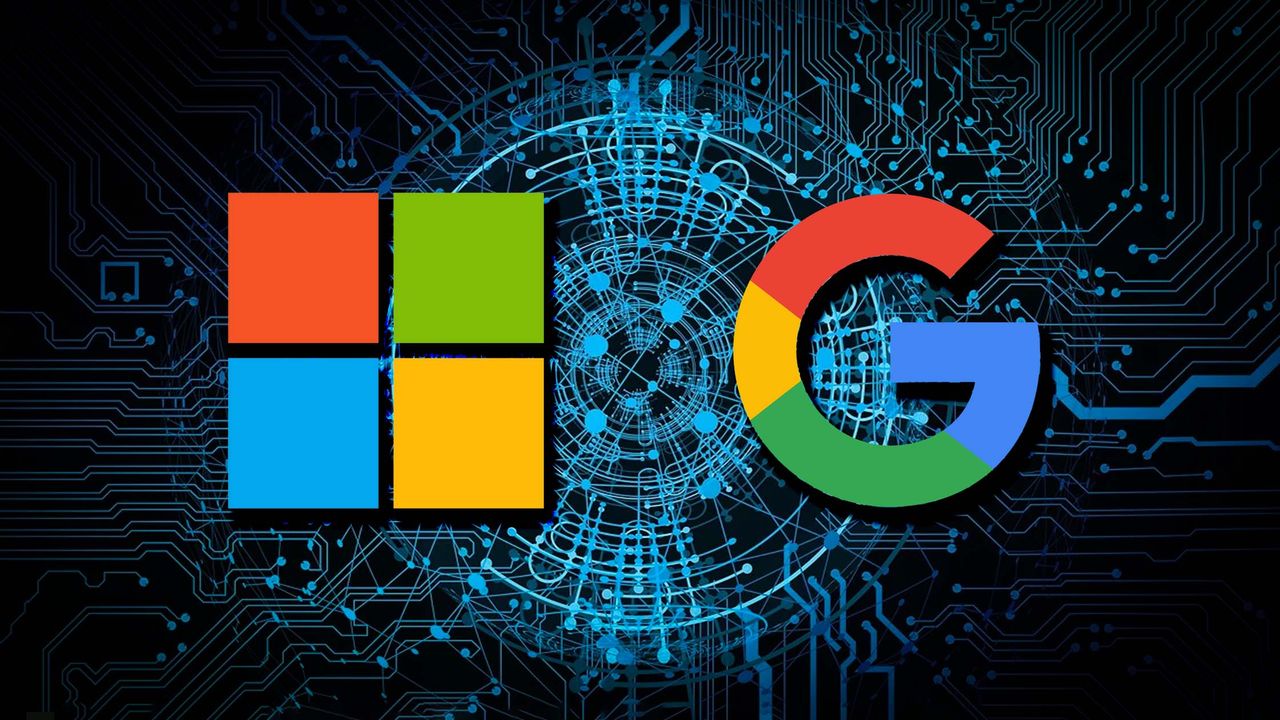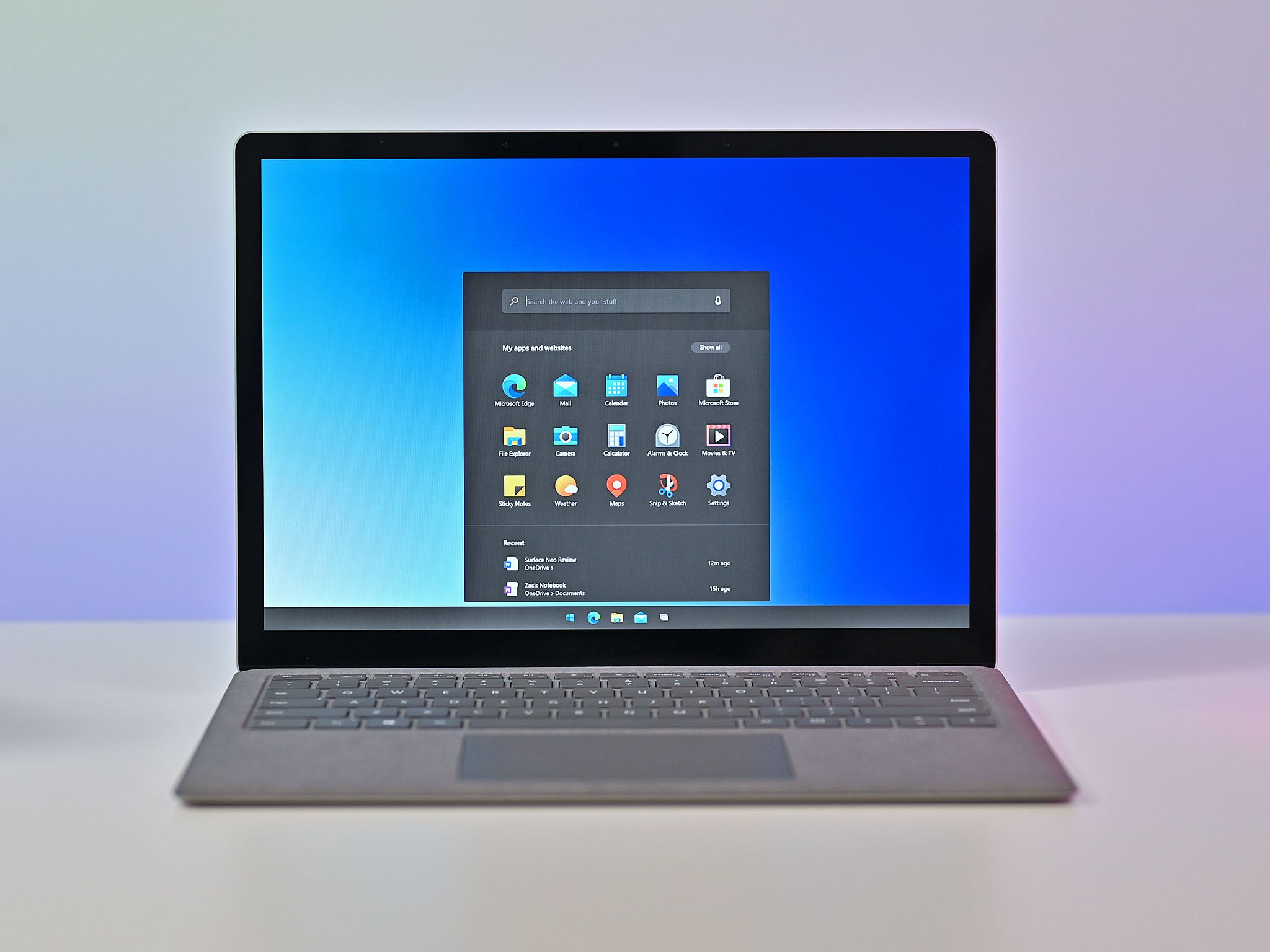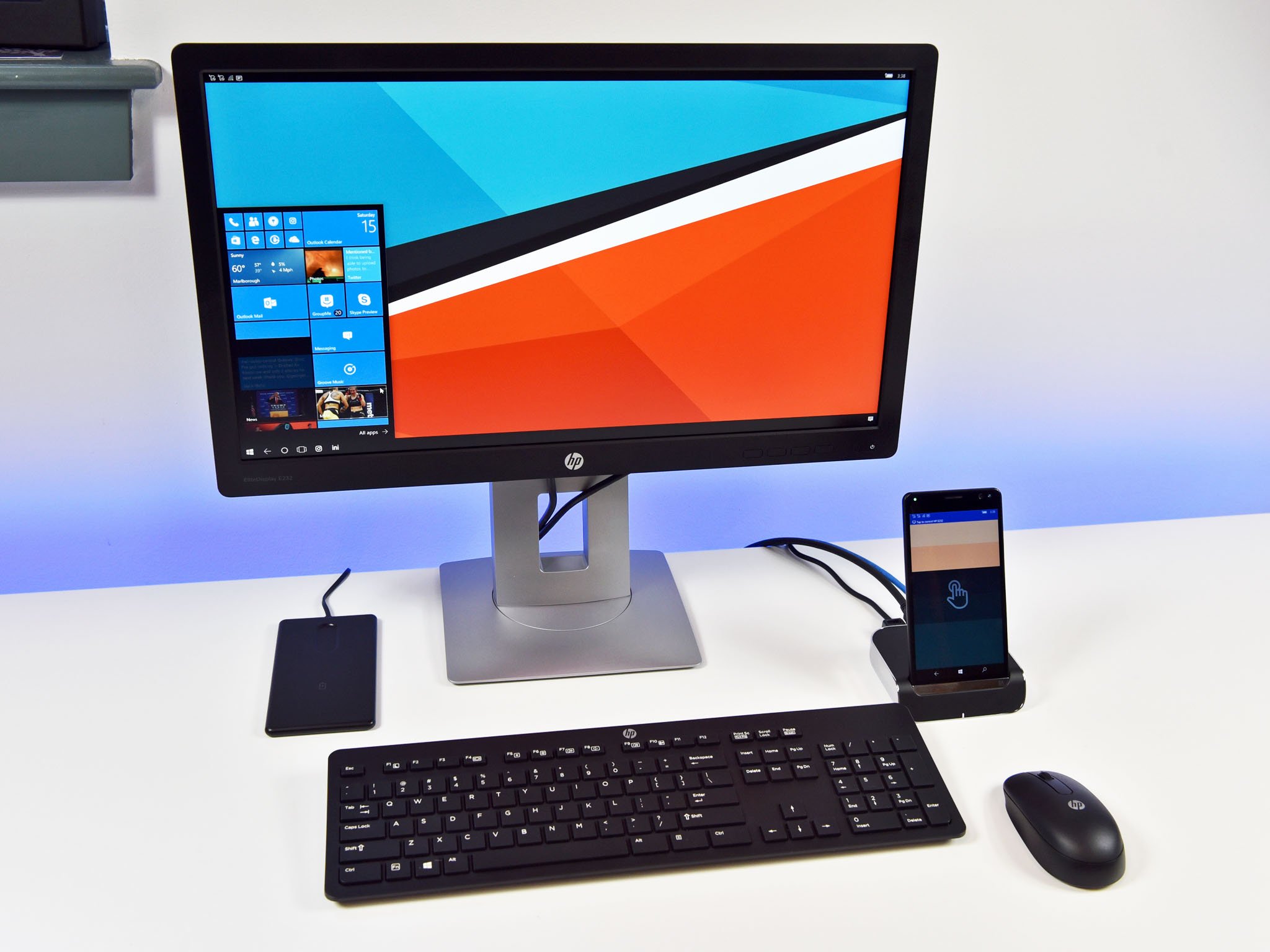
Google is challenging Microsoft’s dominance in the computer market, and Qualcomm is playing a key role. At the recent Qualcomm Summit, Google’s Rick Osterloh announced they are creating a single Android system that will work on both phones and computers. He explained, “We are building a common technical base for our products on PCs and desktop computers.”
As an analyst, I’ve been tracking Google’s moves in this space for a while, and this isn’t a surprise. They’ve repeatedly hinted at bringing Android to PCs – a clear attempt to challenge Windows and macOS with a fully-fledged desktop operating system. What’s really interesting is their plan to integrate the entire Android AI platform, alongside existing Android apps and the vast developer community, into these new PCs.
Qualcomm CEO Cristiano Amon believes this project fulfills the idea of combining mobile and computer technology – something Microsoft tried to achieve ten years ago with Windows 10, Continuum, and Windows Core OS. However, Microsoft stopped development on that combined operating system before it could succeed. Now, Google appears to be pursuing the same goal.

Apple and Google are increasingly blending their mobile operating systems with the features of traditional computers. Apple has already started this with iPadOS, making it more like a desktop operating system, and now Google is following suit with Android. Google is well-positioned to succeed because of its existing Chrome OS, partnerships with computer manufacturers, and the large number of Android apps already available.
Chrome OS wasn’t as successful as Google intended, so there’s no certainty that Android-powered PCs will fare much better. However, this news should still worry Microsoft. Google and Apple are both aiming to disrupt the traditional PC market with operating systems that are simpler and more up-to-date – features Microsoft currently lacks.
Windows 11, despite its modern look, is fundamentally based on very old code. This was done to ensure older programs still work, but it creates problems. The system becomes bulky, runs slower, is less efficient, and potentially has more security vulnerabilities or crashes. This also limits where Windows can be used – it’s really designed only for traditional computers.
For several years, this has significantly hindered Windows’ ability to grow, leading to a gradual decline in its market share. While Google and Apple are successfully expanding their operating systems to new devices, Microsoft is largely confined to traditional PCs, having abandoned efforts to adapt Windows for other platforms.

For a long time, Google and Apple haven’t challenged Microsoft’s dominance in the computer market. However, that’s starting to change. Apple’s new chips have significantly improved Macs, and iPads are becoming viable laptop replacements for many users. But Microsoft should be most concerned about Google, as they pose the biggest potential threat.
Google already partners with major PC manufacturers like HP, Dell, and Lenovo, giving them an established rapport. If Google were to create an operating system that outperforms Windows – offering a vast app selection, a streamlined core, and faster speeds – PC makers would naturally be interested. For many users who primarily use their computers for tasks like Office work, internet browsing, communication apps, and watching videos, an Android-powered PC would be perfectly suitable.
If computers running Android become popular, Microsoft could face a real challenge in keeping its users. Over time, Microsoft has eroded trust with Windows users, and many might be ready to switch to a better operating system if one appears.
If Google does bring Android to computers next year, Microsoft will have to respond. They’ll need to start creating new and useful features, and update Windows to better compete with these newer operating systems. The question is, will Microsoft try to compete, or will they let Android dominate the market?
That remains to be seen.
Read More
- How to Get the Bloodfeather Set in Enshrouded
- Gold Rate Forecast
- 4 TV Shows To Watch While You Wait for Wednesday Season 3
- 32 Kids Movies From The ’90s I Still Like Despite Being Kind Of Terrible
- 10 Movies That Were Secretly Sequels
- Auto 9 Upgrade Guide RoboCop Unfinished Business Chips & Boards Guide
- Best Werewolf Movies (October 2025)
- Goat 2 Release Date Estimate, News & Updates
- One of the Best EA Games Ever Is Now Less Than $2 for a Limited Time
- 7 Masterpiece Sci-Fi Shows Based On Books
2025-09-24 14:40